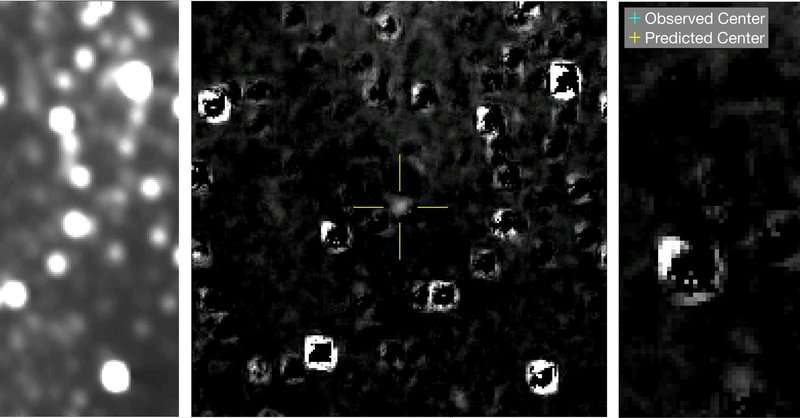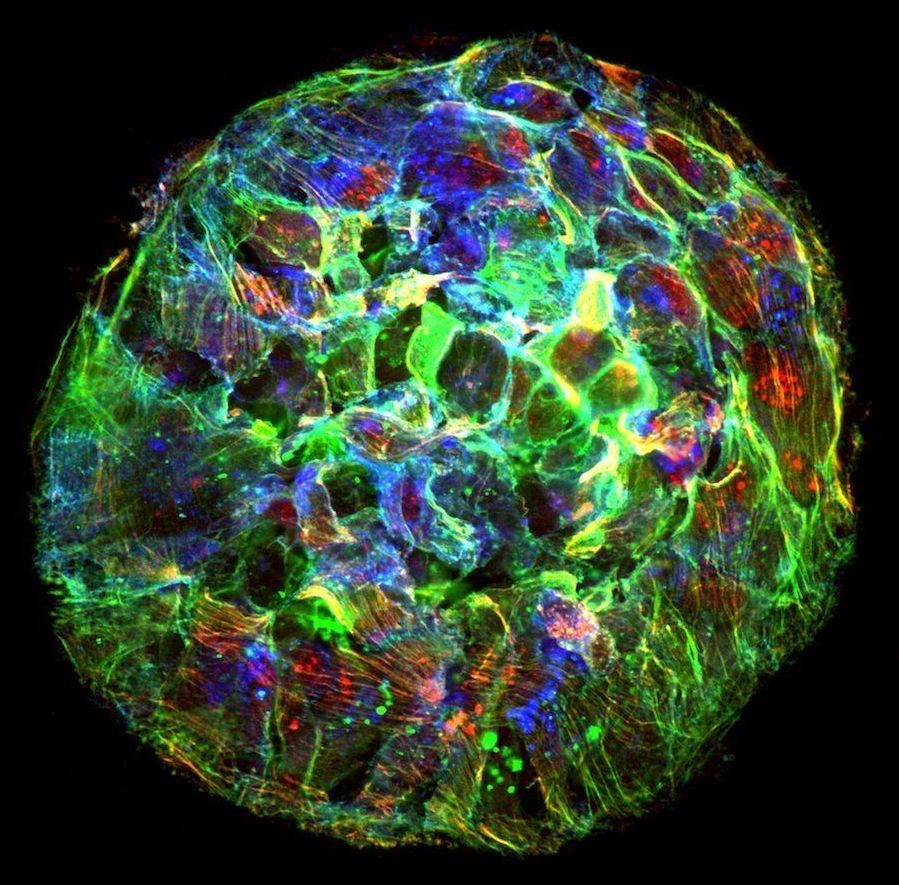Recently, we have shown that by administering the NAD+ precursor NMN (Nicotinamide Mononucleotide)in normal drinking water to older mice, NAD+ levels were restored to those normally associated with younger healthy animals. By administering NMN to mice for just one week, our lab demonstrated a robust correction in age-associated metabolic dysfunction and restored muscle mitochondrial function in old mice to levels seen in younger control mice (Gomes et al. 2013).
https://www.lifespan.io/campaigns/can-nmn-increase-longevity…019dfcda6c



